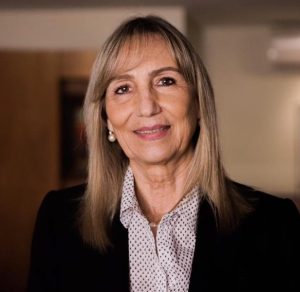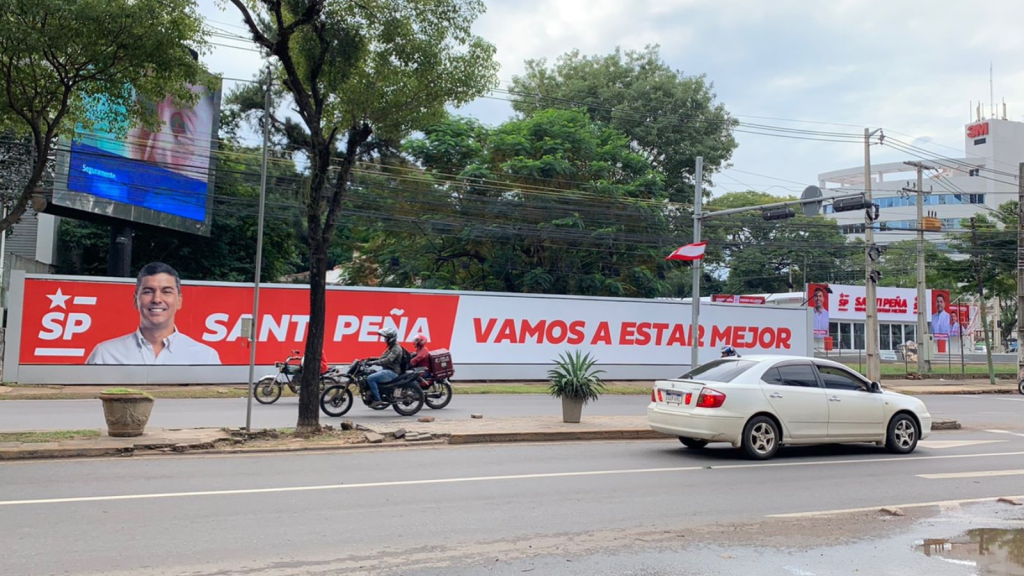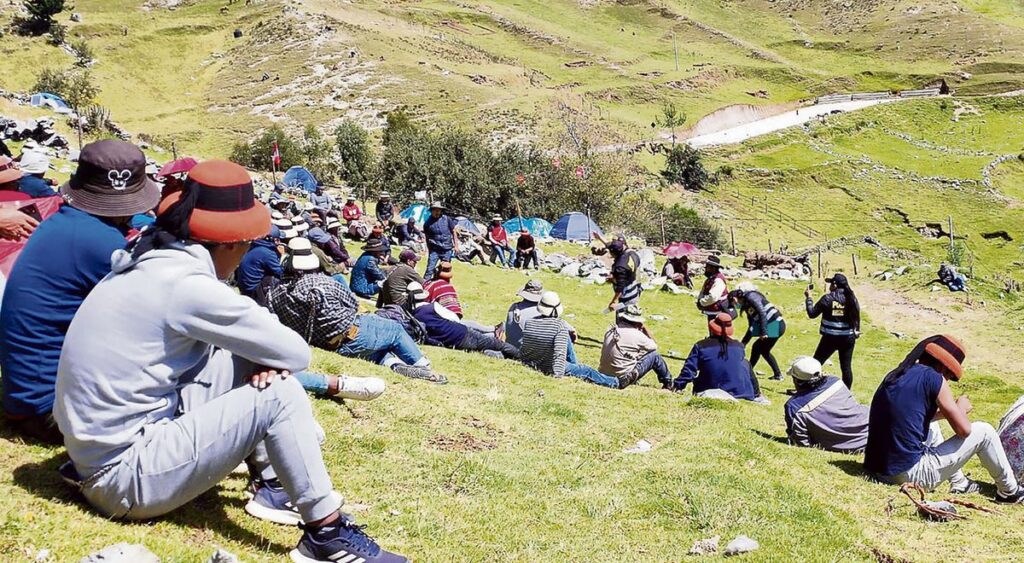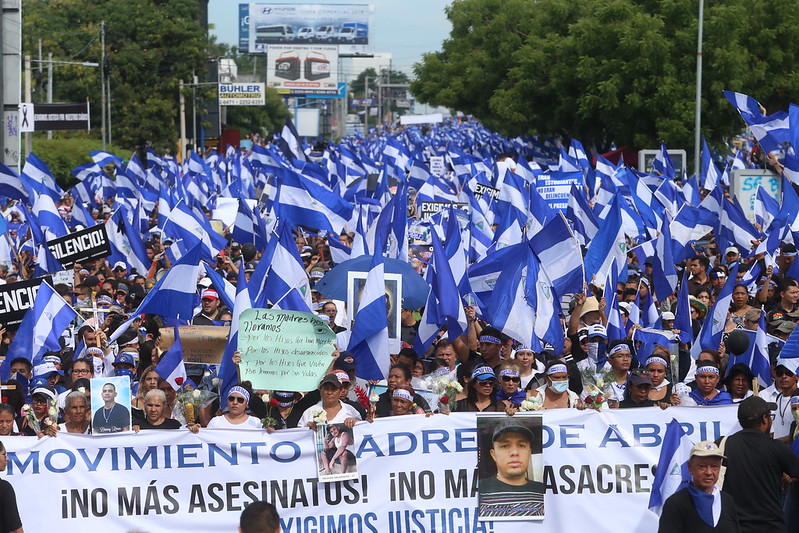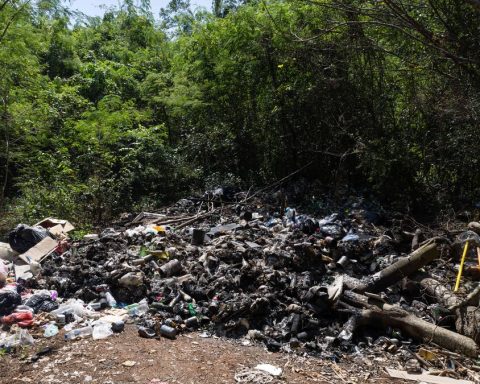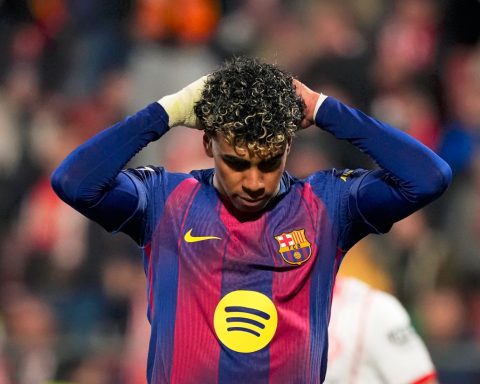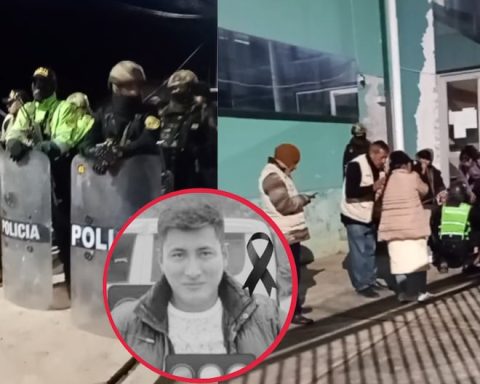Law 834/96, which establishes the Paraguayan Electoral Code, legally regulates the period of electoral propaganda. Thus, as the sanctions for people who violate these regulations.
An electoral propaganda consists of any exhibition, on the streets and public spaces, of parades, graffiti and posters that contain proposals for candidates or programs for elective positions. It also constitutes the publication of messages on radio, television or written media with proposals for candidacies or government programs.
According to article 290 of said law, electoral propaganda on public roads related to internal elections of political parties and movements can be carried out for 30 days counted from two days before the date of the elections. Taking into account that the internal elections will be on December 18, the enabled advertising period starts on November 16 and will last until December 15.
In the media, it can be carried out for 10 days, also counted from two days before the date of the elections, in accordance with Article 290 of the aforementioned Law. That is, between December 6 and 16.
DISGUISED ADVERTISING
Despite the regulations, “disguised advertising” is already beginning to be seen on the streets of Asunción. An example is Santiago Peña, candidate for the presidency for the ANR (“Honor Colorado”). In the images, Peña’s name is observed with the slogan “we are going to be better” in clear allusion to his presidential aspirations.
Said advertising can be seen in digital media present on Aviadores and San Martín avenues. Thus, a plotted mural with the same image can also be seen on Aviadores and Santa Teresa avenues, in front of Peña’s temporary party headquarters.
Something similar happens with Martín Burt, current candidate for president for the PLRA. He himself paints walls at various points in Asunción and Central with the question; What will you do in five years?, also alluding to his presidential aspirations.
TSJE
Carlos María Ljubetic, director of electoral processes of the Superior Court of Electoral Justice (TSJE) pointed out that electoral campaigns cannot yet be carried out, but clarified that it is the Prosecutor’s Office that must clarify which are effectively extemporaneous advertisements and not the TSJE.
“Electoral propaganda is prohibited. But it must be the Public Ministry that must resolve what they are, based on the complaints and from there annul them, ”he explained.
Regarding social networks, he stated that they are not yet penalized by law, so candidates can use these platforms to advertise at any time. In other words, there is a legal loophole in this regard considering that the Electoral Code law dates back to 1996.
FERRARA
Marta Ferrara, director of Seeds for Democracy, pointed out that the law of the Paraguayan Electoral Code is a “dead letter” in the section referring to sanctions related to extemporaneous advertising.
“The Electoral Code is outdated and the existing regulations are not complied with in a timely manner. Therefore, there is an absence of the Superior Court of Electoral Justice and of the electoral judges. It is worrying and is accentuated by the institutional crisis that the TSJE is going through,” he commented.
CALLIZO
Pilar Callizo, a master’s degree in politics and management, pointed out in turn that it is out of place that advertisements are being made today.
“The issue is that in our country it is a practice that occurs frequently. Despite the complaints and the actions of prosecutors who committed themselves, but there are no sanctions or responses. That impunity with which the issue is handled means that this practice is practically naturalized in the electoral field, ”he questioned.
